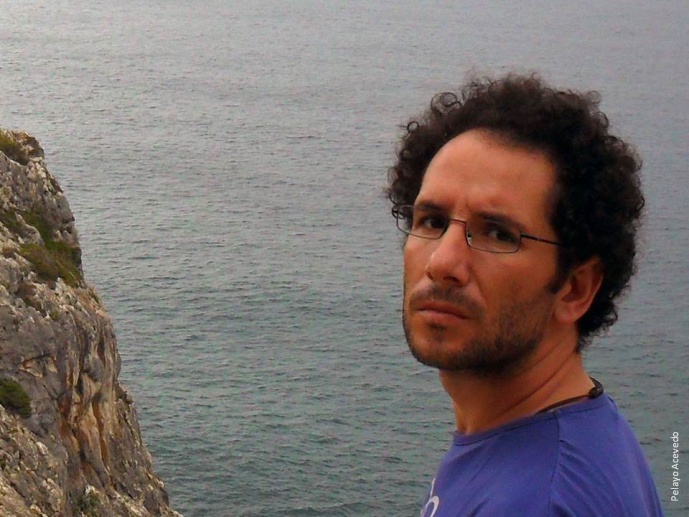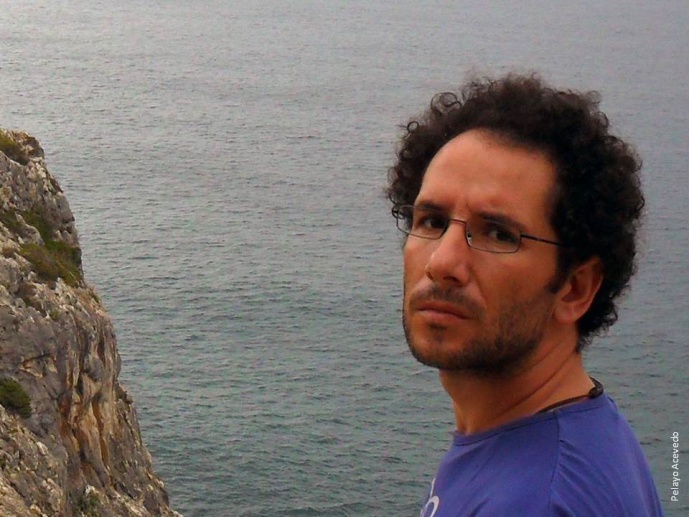Pelayo Acevedo
Collaborator
My research career is characterized by its eminent multidisciplinary framework in which wildlife species –mainly lagomorphs and ungulates– and their parasites –including macro- and micro-parasites– are both studied at local and large spatial scales, to gain useful insights for conservation biology. I believe having a multidisciplinary and collaborative approach is crucial in the development of effective research, which in turn, furthers and advances given that a larger array of ideas and solutions can be extracted from diverse research areas. Thus, research funding can be used more efficiently from a multidisciplinary framework.
Along my scientific career I have gained competence in diverse research lines:
- Wildlife ecology and management.
- Ecology of host-parasite relationships: epidemiological implications.
- Processes that domain the spatial and temporal dynamics of species assemblages, including closely related species and host-parasite systems as a particular case of these.
I am a biogeographer with broad interests in macroecology, ecology of related species, ecology of parasitism, and general biodiversity research. In my opinion, scientific research should mainly be a collaborative task. This idea has led me to collaborate with many specialists in different topics, and these have not only guided my scientific trajectory but have defined my main research objectives. I am interested in determining the role of biotic, abiotic, and historical factors in the past and present distribution of wildlife species and their parasites, as a means to achieving effective solutions for broad-scale conservation problems. Given the temporal dimension of biogeographical dynamics, I use approaches based on both current and historical data –sometimes in combination with phylogenetic information– to achieve my goals and extract knowledge with which the effects of environmental changes in the future, such as those derived of global change, can be managed.

